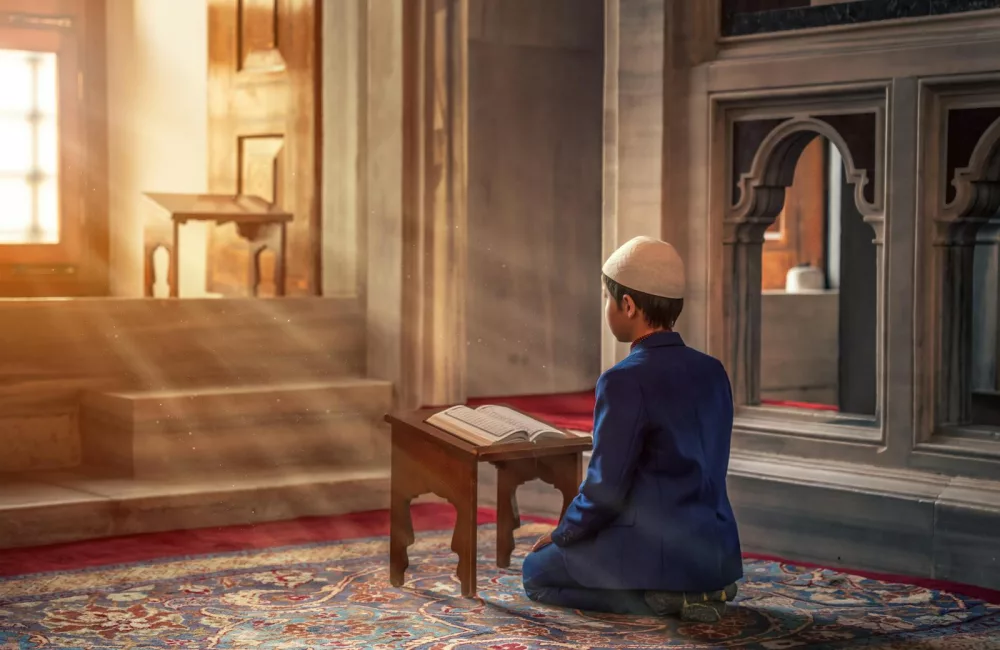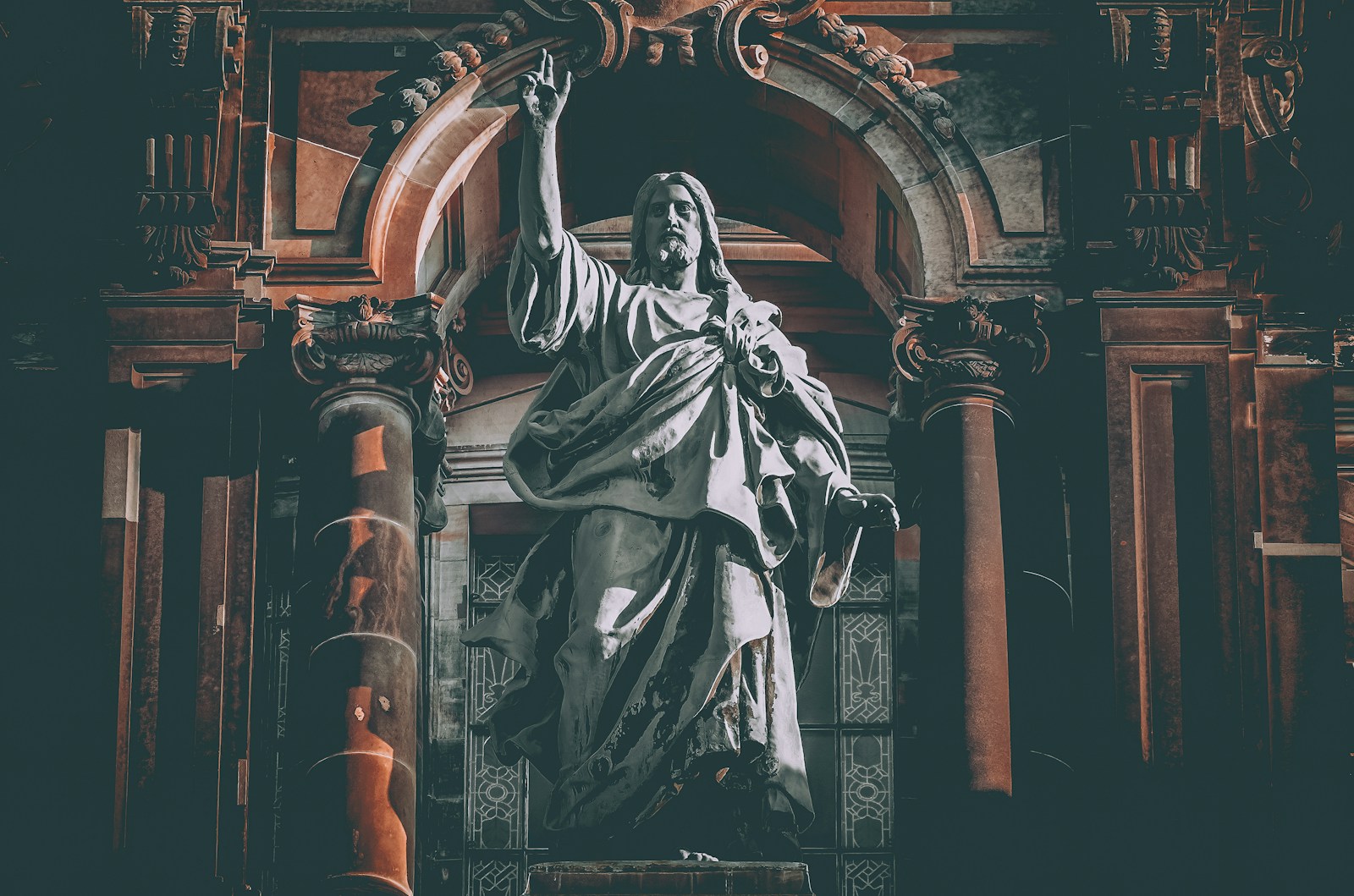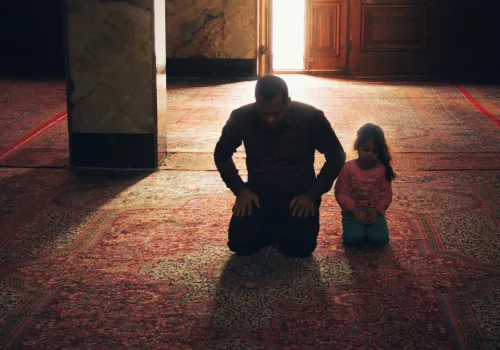The Religious Significance of Ramadan
Ramadan is the ninth month of the Islamic lunar calendar and holds special importance because it is believed to be the month in which the first verses of the Quran were revealed to the Prophet Muhammad by the angel Jibreel (Gabriel). This event, known as Laylat al-Qadr or the “Night of Power,” is considered the holiest night in Islam, as it marks the beginning of the divine revelation that forms the foundation of the Islamic faith. Many Muslims devote the last ten nights of Ramadan to increased prayer and worship, hoping to experience the spiritual rewards associated with Laylat al-Qadr.
Fasting during Ramadan is one of the Five Pillars of Islam, which are the fundamental acts of worship and devotion required of all Muslims. The fast, known as sawm, begins at dawn and ends at sunset each day, with participants abstaining from food, drink, smoking, and marital relations during daylight hours. The fast is broken each evening with a meal called iftar, often starting with dates and water, following the tradition of the Prophet Muhammad. Before dawn, Muslims eat suhoor, a pre-dawn meal that sustains them throughout the day. While fasting is obligatory for most adult Muslims, exceptions are made for children, the elderly, pregnant or nursing women, the sick, and travelers.
The Purpose of Fasting
Fasting in Ramadan serves multiple spiritual and personal purposes. It is an act of worship meant to bring Muslims closer to God by practicing self-discipline, patience, and gratitude. By abstaining from physical needs and desires, Muslims cultivate a sense of humility and empathy, gaining a deeper appreciation for the struggles of those who are less fortunate. Many Muslims use this time to develop better habits, such as avoiding gossip, controlling anger, and increasing acts of kindness.
Fasting also promotes taqwa, a heightened sense of consciousness and awareness of God. This period is seen as an opportunity for self-improvement, where individuals strive to purify their hearts, seek forgiveness for past mistakes, and develop good habits that extend beyond the month of Ramadan. It is a time for increased acts of worship, such as reciting the Quran, performing extra prayers (Tarawih), giving charity, and engaging in community service. The fast is not just about abstaining from food but also about spiritual discipline, cultivating a sense of inner peace, and seeking God’s mercy.
The Social and Community Aspects of Ramadan
While Ramadan is a deeply personal spiritual experience, it is also a time of strong communal bonds. Families and friends come together to share suhoor and iftar, strengthening relationships and fostering a sense of unity. Mosques play a central role in Ramadan observances, hosting nightly prayers and community iftar meals. Many Muslims also use this time to perform acts of charity, as giving to those in need (zakat and sadaqah) is highly encouraged during this month.
Building a Sense of Community
The collective participation in fasting and prayer creates a powerful sense of belonging and shared purpose among Muslims worldwide. Many Muslim-majority countries adjust work and school schedules to accommodate fasting hours, allowing people more time to focus on worship and family gatherings. This adjustment reflects the communal spirit of Ramadan, as it prioritizes spiritual practices and community well-being over daily routines.
Acts of Charity and Generosity
Charity is a cornerstone of Ramadan. Muslims are encouraged to be particularly generous during this month, both in monetary terms and through acts of kindness. The concept of zakat, or obligatory almsgiving, is emphasized, and many choose this time to fulfill this pillar of Islam. In addition to zakat, sadaqah, or voluntary charity, is also highly recommended, allowing individuals to contribute according to their means.
The Spiritual Rewards and Challenges of Ramadan
Ramadan is a period of great spiritual reward, but it also presents challenges. Fasting for long hours, particularly in hotter climates or longer daylight periods, requires physical and mental endurance. However, Muslims view these challenges as opportunities to strengthen their faith and self-discipline. The Prophet Muhammad taught that those who fast with sincerity will have their past sins forgiven, making Ramadan a time of immense spiritual renewal.
Overcoming Challenges
One common challenge during Ramadan is balancing daily responsibilities with increased religious devotion. Many Muslims wake up early for suhoor, spend the day fasting, work or attend school, and then engage in nightly prayers and Quran recitations. Despite the exhaustion, the sense of fulfillment and joy that accompanies the month is unparalleled. Practical tips for managing these challenges include planning meals ahead of time, taking short naps when possible, and staying hydrated between iftar and suhoor.
The End of Ramadan: Eid al-Fitr
Ramadan concludes with the celebration of Eid al-Fitr, also known as the “Festival of Breaking the Fast.” This joyous occasion begins with a special prayer performed in congregation and is marked by feasting, exchanging gifts, and acts of charity. Muslims are required to give Zakat al-Fitr, a charitable donation to help those in need, ensuring that everyone can partake in the festive spirit of Eid.
Celebrating Eid Traditions
Eid is a day of joy and thanksgiving, celebrating the spiritual growth achieved during Ramadan. In many cultures, Eid traditions vary, but the emphasis remains on gratitude, generosity, and community. Families prepare special meals, wear new clothes, and visit loved ones to mark the end of the holy month. Some families host large gatherings, while others focus on acts of kindness, visiting the sick, or donating to the less fortunate. The holiday serves as both a spiritual closure to Ramadan and a reminder to carry its lessons forward throughout the year.
Practical Tips for Observing Ramadan
Observing Ramadan can be a deeply enriching experience, but it does require careful planning and mindfulness. Here are some practical tips to help make the most of this sacred month:
- Meal Planning: Plan suhoor and iftar meals in advance to ensure they are balanced and nutritious. Include a variety of foods to maintain energy levels throughout the day.
- Hydration: Drink plenty of water between iftar and suhoor to stay hydrated, especially in hot climates.
- Time Management: Prioritize tasks and create a daily schedule that accommodates both religious obligations and personal responsibilities.
- Community Involvement: Participate in mosque activities and community events. This can enhance the spiritual experience and provide support and encouragement.
- Personal Reflection: Set aside time each day for personal reflection and Quran recitation. Keeping a journal can also help document spiritual growth and insights.
- Acts of Kindness: Make a conscious effort to perform acts of kindness and charity, both big and small, throughout the month.
The Global Diversity of Ramadan Practices
Ramadan is celebrated by Muslims in diverse cultural contexts around the world, each adding unique traditions and practices to the observance. In Indonesia, for instance, the breaking of the fast is often accompanied by the sound of drums, while in Turkey, it’s common for drummers to walk the streets waking people for suhoor. In Egypt, lanterns known as fanoos are hung in homes and streets, adding a festive atmosphere.
Regional Culinary Traditions
Food plays a central role in Ramadan celebrations, with each region offering its own culinary specialties. In the Middle East, dishes like hummus, tabbouleh, and baklava are popular at iftar, while in South Asia, samosas and pakoras often feature prominently. The diversity of Ramadan foods reflects the rich cultural tapestry of the Muslim world, providing an opportunity to explore and appreciate different culinary traditions.
Maintaining Ramadan’s Spirit Throughout the Year
While Ramadan lasts for only a month, the lessons and spiritual growth it fosters are meant to extend throughout the year. Muslims are encouraged to carry forward the habits of self-discipline, empathy, and charity cultivated during Ramadan into their daily lives.
Developing Lasting Habits
- Consistency in Worship: Continue the practice of regular prayers, Quran recitation, and reflection. Setting aside a specific time each day can help maintain this routine.
- Charitable Giving: Make charity a regular part of life, not just during Ramadan. This can be through financial contributions or volunteering time and skills.
- Mindful Living: Practice mindful living by being present in daily activities, showing gratitude, and being conscious of one’s actions and their impact on others.
Conclusion
Muslims celebrate Ramadan as a time of devotion, reflection, and personal growth. It is a month dedicated to strengthening faith, improving character, and fostering a sense of unity within the global Muslim community. Through fasting, prayer, and acts of kindness, Muslims seek to deepen their relationship with God and renew their commitment to living a life of compassion and righteousness.
While the month comes to an end with the joyful celebration of Eid, the lessons and spiritual growth gained during Ramadan are meant to carry forward throughout the year. Ramadan is not just about abstaining from food and drink; it is a journey of self-purification, increased worship, and connection with one’s faith. It teaches discipline, patience, and gratitude while reinforcing values of empathy, kindness, and charity. The impact of Ramadan extends far beyond its 30 days, inspiring millions to embrace a more conscious and spiritually enriched way of life. Whether through personal reflection, communal gatherings, or acts of generosity, Ramadan remains one of the most deeply cherished and transformative times in a Muslim’s life.






